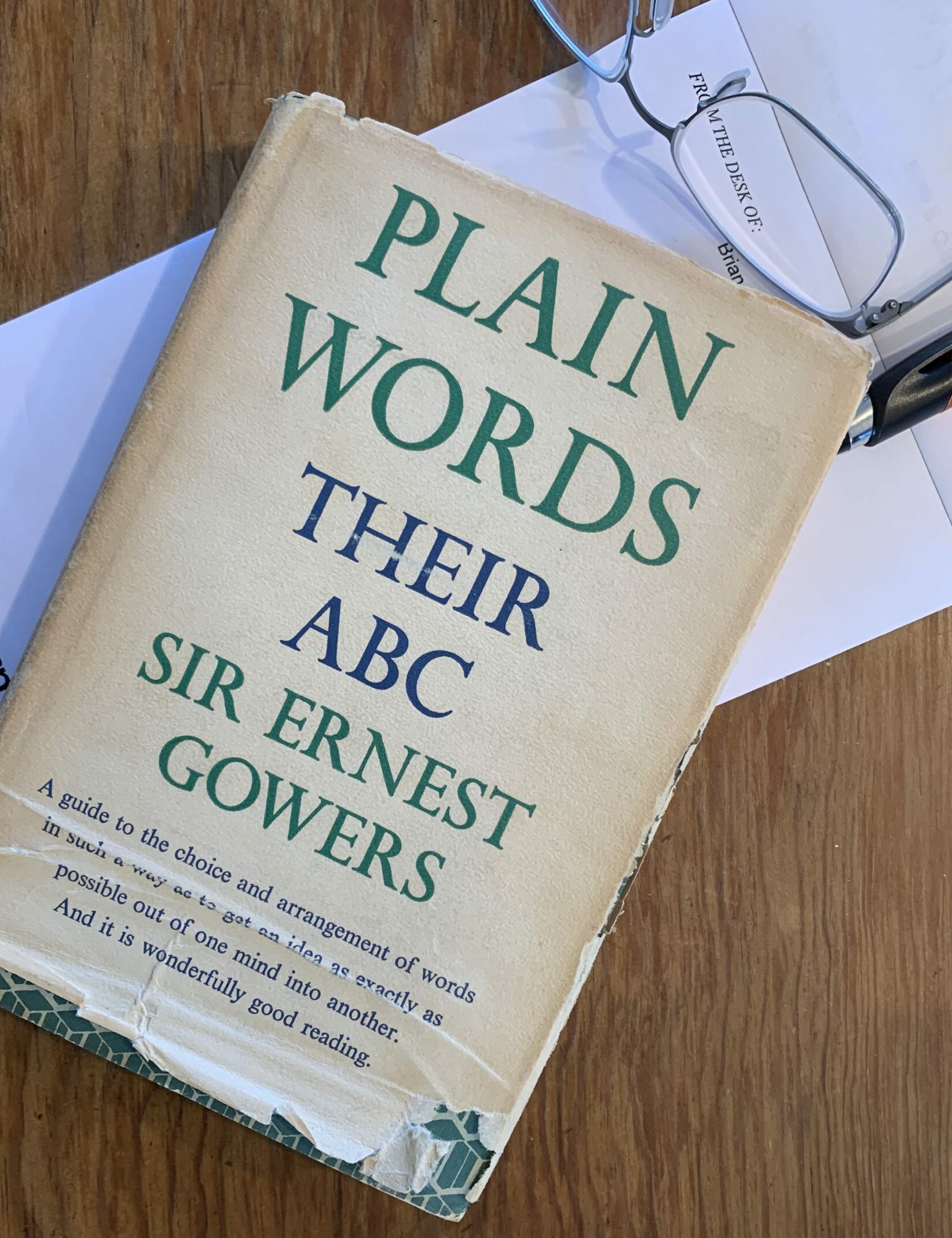U.S. Chamber Says Biden Administration is Rushing IRA Drug Pricing Regime Under Cloud of Legal Uncertainty
“Congress knew that withdrawing all products from federal healthcare programs would be economic suicide—not a ‘real option.’” – U.S. Chamber motion for preliminary injunction
On August 28, officials from the U.S. Chamber of Commerce held a video call to discuss the trade organization’s legal action against the U.S. Department of Health & Human Services (HHS), including a motion for preliminary injunction filed against the HHS last week in U.S. district court. The U.S. Chamber officials noted that the legal uncertainty looming over the HHS’ implementation of drug price control mechanisms under the Inflation Reduction Act (IRA) will cast a significant pall over the Biden Administration’s celebration of the program one year on.
Administration Hasn’t Done Its Homework
The U.S. Chamber filed its Southern District of Ohio lawsuit in early June, raising several constitutional and administrative law challenges to HHS and the Centers for Medicare & Medicaid Services’ (CMS) implementation of the IRA’s drug pricing controls. The suit alleges that the IRA is essentially disguising a mandatory pricing control regime as a negotiation process that has no voluntary nature due to statutory difficulties for drug manufacturers attempting to leave the Medicare program, as well as an onerous excise tax penalizing non-cooperating drug companies up to 1900% of daily drug sales.
On August 11, the U.S. federal government filed a motion to dismiss the U.S. Chamber’s lawsuit, alleging jurisdictional issues, including lack of Article III standing and lack of ripeness. The government argued that harms alleged in suits from the U.S. Chamber and other plaintiffs are too speculative until any drugs are actually selected for the negotiation process. As to ripeness, the government alleged that the alleged harms would not take place until 2026, when the first round of new drug pricing under the negotiation process would go into effect.
Neil Bradley, U.S. Chamber
“It appears that the Biden Administration is rushing forward with the implementation of drug pricing controls… despite doing none of the homework that prudence would require to understand the side effects of the pricing control scheme,” said Neil Bradley, the U.S. Chamber’s Executive VP and Chief Policy Officer.
Andrew Varcoe, Deputy Chief Counsel of the U.S. Chamber’s Litigation Center, noted that the U.S. Chamber and other plaintiffs currently have a total of eight pending lawsuits in seven U.S. federal district courts across six geographic circuits. Despite the U.S. government’s claims of speculative harm, Varcoe noted that drugmakers whose treatments are selected for negotiations must sign agreements to negotiate and turn over extensive data on selected treatments to the HHS starting October 2.
Andrew Varcoe, U.S. Chamber
The U.S. Chamber’s recent motion argues that the U.S. government improperly rebranded the Chamber’s due process arguments as an issue under the Takings Clause. While the case underlying the Sixth Circuit’s 2001 decision in Michigan Bell Telephone Co. v. Engler involved a takings claim, the appellate court’s decision to overturn a rate setting regime for failure to adequately safeguard against confiscatory rates rested on constitutional due process principles. While the government’s motion to dismiss argues that Michigan Bell was overturned by the U.S. Supreme Court’s decision in Verizon Communications v. FCC, the U.S. Chamber argued that case was distinguishable for its focus on constitutional takings issues and more robust review mechanisms preventing the FCC from setting confiscatory rates.
Voluntary Nature of Medicare Participation Doesn’t Extinguish Due Process Concerns
The motion also reinforced arguments against the voluntary nature of the IRA’s drug pricing regime. The “economic dragooning” under the IRA ostensibly gives drug manufacturers the choice whether to remain a participant in federal healthcare programs.
“But Congress knew that withdrawing all products from federal healthcare programs would be economic suicide—not a ‘real option.’ That is why Congress could enact this scheme without worrying that Medicare beneficiaries would suddenly lose access to needed drugs.”
Even if participation in Medicare were truly voluntary, the U.S. Chamber argued that voluntary participation does not extinguish the plaintiff’s due process concerns. Sixth Circuit cases cited in the government’s motion to dismiss for the premise of Medicare’s voluntary nature actually underscore the right of healthcare providers to just compensation for participation in government programs. The U.S. Chamber also cited R.S.W.W. v. City of Keego Harbor (2005), noting that the Sixth Circuit found that the municipality’s decision to withhold administrative approvals for a brewery to pressure it into changing its hours of operation was not consistent with constitutional due process. “On the government’s theory, the Sixth Circuit should instead have told the brewery to pound sand—after all, it was not legally obligated to sell beer,” the U.S. Chamber argued.
Irreparable harm is allegedly already being suffered by drug manufacturers, many of whom will find out today whether their blockbuster medical treatments are being targeted for pricing controls. The U.S. Chamber’s preliminary injunction motion contends that drugmakers are already incurring substantial compliance costs, and CMS guidance has informed drugmakers that they needed to take action well in advance of September 1 to comply with the IRA’s negotiation process. The U.S. Chamber also cited studies from the Congressional Budget Office (CBO) and the University of Chicago showing declines in new drug development and life expectancy, important public interest factors supporting equitable relief preventing the Biden Administration from implementing the drug pricing control program.
“It is outrageous that the [Biden] Administration appears to not have attempted to figure out what those [undeveloped] drugs might be for, or how to minimize the negative impacts of their policy decisions,” Bradley said during today’s video call. Varcoe noted that court filings indicate that the Southern Ohio court would try to rule on the motion for preliminary injunction by September 29, resulting in an order that could be appealed to the Sixth Circuit.
The Chamber also sent a letter to HHS Secretary Xavier Becerra yesterday, and in a press release issued the following statement:
“The U.S. Chamber supports access to affordable medicine, but a government price control scheme is counterproductive and will restrict access to critical medicines, delay treatment for patients, and jeopardize the search for new lifesaving cures…..“The nonpartisan Congressional Budget Office reports that this policy will result in fewer new treatments. However, there is no way to know if it is likely to be fewer cancer drugs or Alzheimer’s treatments because the administration has not examined the issue. It is a well-known fact that in other countries with similar policies, patients have access to fewer treatments and longer wait times to get treatment. But we don’t know the impact on access and wait times for America’s seniors because the administration failed to conduct any research or analysis.”
Editor’s Note: this article was updated for clarity on August 29 at 10:55 AM.
Steve Brachmann
Steve Brachmann is a graduate of the University at Buffalo School of Law, having earned his Juris Doctor in May 2022 and served as the President of the Intellectual Property […see more]









